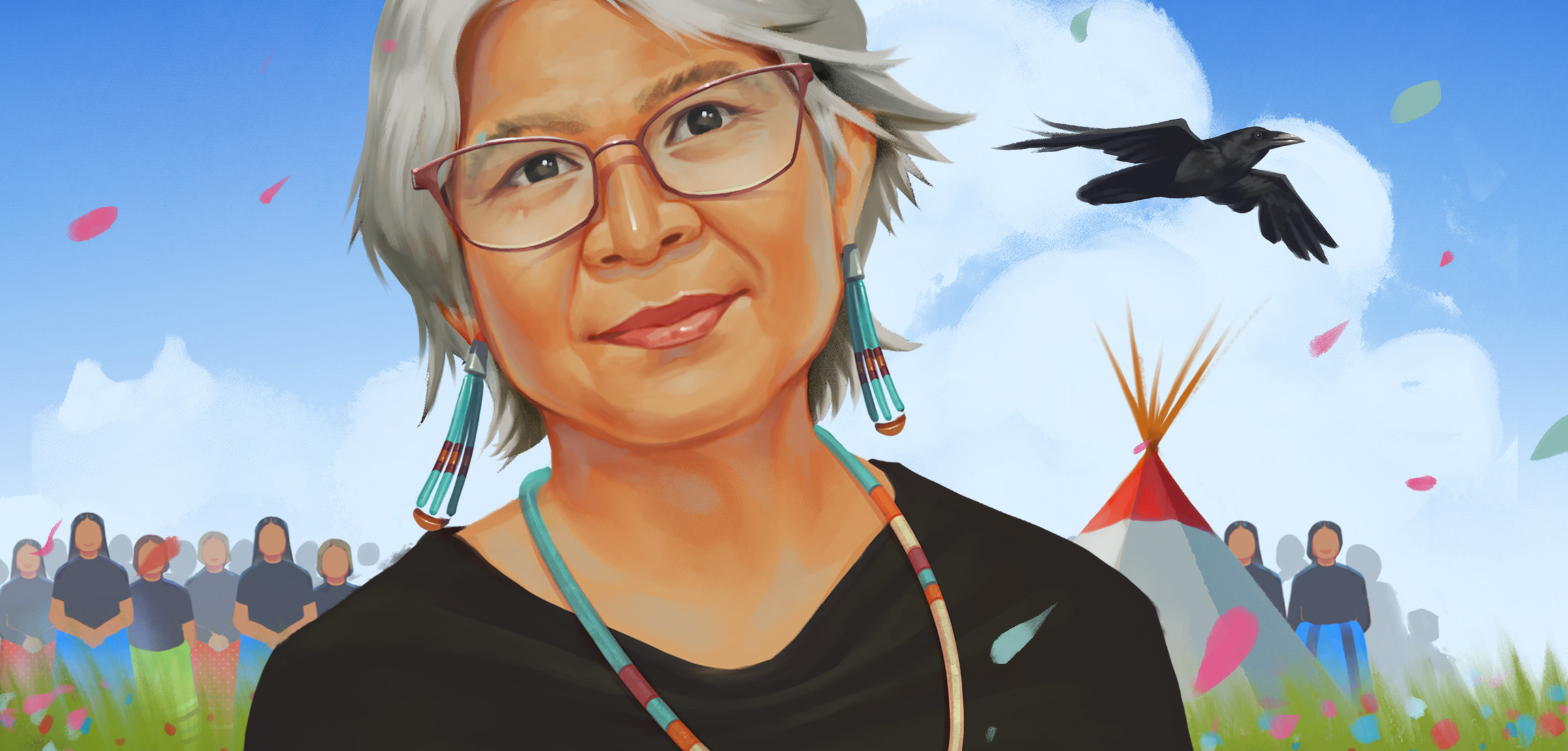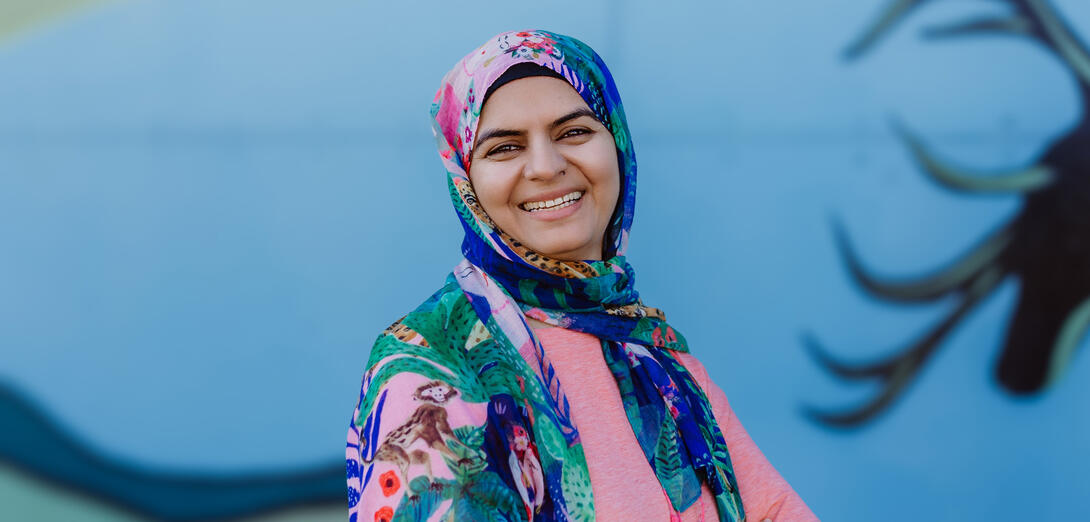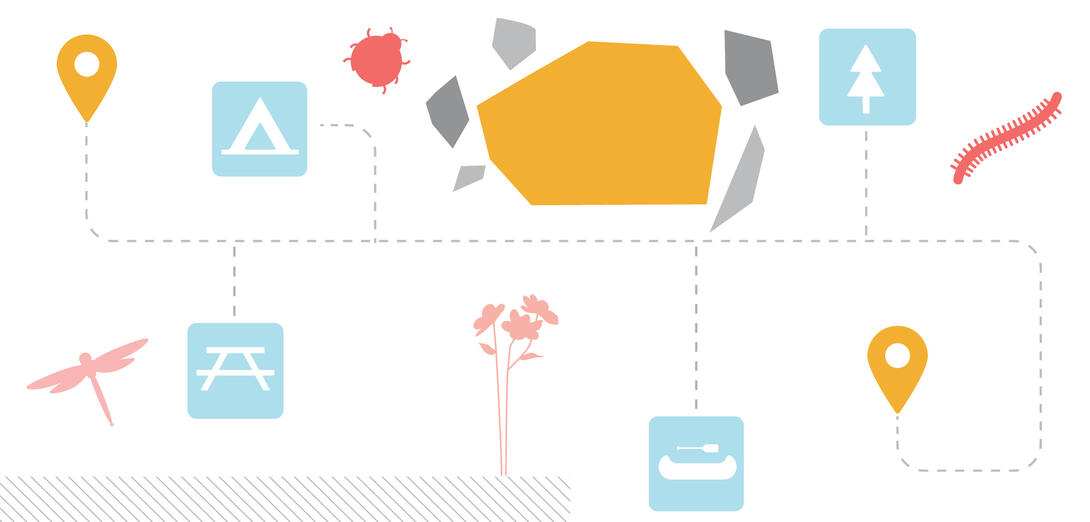Valerie McDougall Advisor to the following boards on building relationships with Indigenous communities:
|
When Valerie McDougall started teaching, she didn’t know it would lead to reconciling a part of her family’s past.
She remembers with a laugh that as a child, she used to play teacher with her brothers in her parents’ basement.
“I always knew I wanted to be a teacher,” she says.
Many years and an education degree later, she taught in public schools from 2004 to 2014. She also took on school leadership roles and completed her master’s degree in school administration. In 2015, she moved back to the Tsuut’ina Nation, her home community, to work as a vice-principal and principal before becoming the director of education.
For five years, she oversaw the Nation’s three K–12 schools, post-secondary, training and skills, transportation and special education. She also had the opportunity to ground Tsuut’ina students in their language, culture and identity.
“Language and culture are important to me,” McDougall says. “In our community, in a population of 2,600, there are only about 18 fluent speakers, so it was important to me to build up our language and culture programs.”
Lost language and culture affected McDougall’s own family. Her mother went to residential school until age 14, and her father attended day school. Both parents were able to retain their language, but it was not passed on to her or her brothers due to residential school.
“People need to know about and learn from [the past] to be able to move forward with reconciliation and build relationships,” McDougall observes.
To address these losses, she collaborated with the Tsuut’ina Gunaha Institute to create a team of Tsuut’ina educators and community members who developed and established cultural programs that integrated Elders, storytelling, hunting, fishing, cooking skills and teepee teachings into the curriculum, which gave students a foundation in Tsuut’ina knowledge, history, land-based traditions and language.
The program not only helped students learn their language, culture and the value of community, it improved their engagement, mental health and school attendance.
McDougall continues to work with University of Calgary Continuing Education, St. Mary’s University and the Alberta Ministry of Education on the LQS and SLQS certification courses. She teaches competency 5 to teachers, principals, superintendents and education professionals aspiring to be superintendents, instructing them on how to incorporate Indigenous ways of knowing, being and doing into their lesson and unit plans and their schools.
She is also pursuing her doctorate on the subject of competency 5 — Braiding Indigenous Leadership in Alberta Leadership and Superintendent Quality Standards. McDougall’s goal is to teach Indigenous leadership to build connections between culture and education.
“Indigenous leadership is really about community and family...everyone working together to be successful.”


